Mixed Swiss reaction to Everest climbing rules
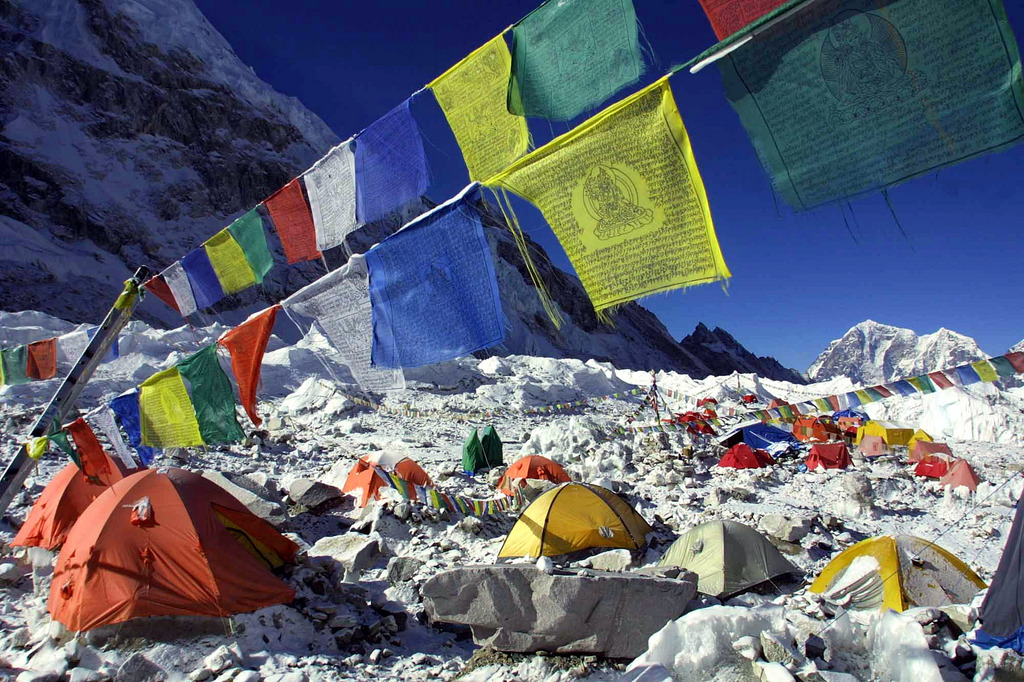
Plans by the Nepalese government to tighten rules for climbers on Mount Everest have met both cautious approval and scepticism from Swiss mountaineers and expedition leaders. The move follows a fight between Sherpas and European climbers in April.
“It’s a step in the right direction. Finally the authorities are taking action,” renowned Swiss mountaineer Ueli Steck told the Blick newspaper.
He added that the incident at Camp Two – in which he, his Italian colleague Simone Moro and British photographer Jonathan Griffith were assaulted by dozens of Sherpas – appeared to have got things moving. (See story below.)
However, Steck does not believe Nepalese officials could have prevented the attack, because the incident occurred above the camp where Nepalese officials are to be stationed.
Swiss mountain guide and extreme climber Jakob Reichen is quoted as saying he welcomes the new rules, which include placing a government team at Base Camp to monitor and help expedition teams.
“It’s good that locals impose law and order,” he told Blick.
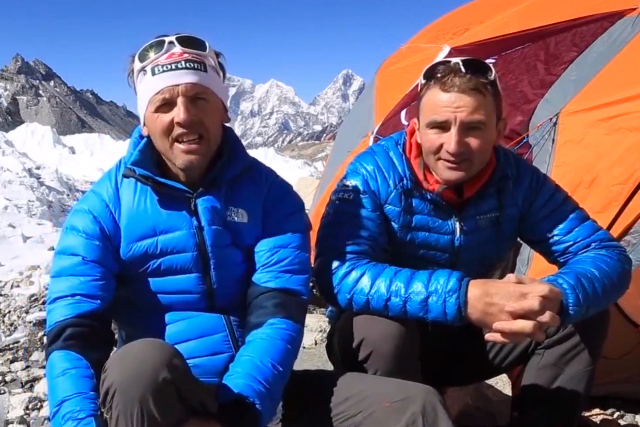
More
Sherpa fight ends climber’s Everest ambitions
Hoax
However, leading Swiss expedition operator Kari Kobler, describes Friday’s report by the British Broadcasting Corporation (BBC) as a hoax.
“According to my sources in the Nepalese administration, there is no formal decision on stationing a government team at Base Camp,” he said.
Kobler said a Nepalese working group was still examining ways to regulate mountaineering activities in the Himalayas.
Richard Bolt, senior expedition leader working for Kobler, roundly rejects the alleged stationing of police officers.
“This is not necessary in my opinion. There are no problems [in the mountains] if people act reasonably,” he is quoted as saying.
Mountaineering journalist and climber Billi Bierling expressed doubts whether the new system would be operational on the ground, given the difficulties under current regulations with many Nepalese liaison officers deployed from the capital, Kathmandu, to the Himalayas.
Curb excesses
The BBC last week reported the Nepalese authorities would place a government team at Base Camp, as well as coordinate rescues and protect the environment.
The article quotes Ang Tshering Sherpa, a former president of the Nepal Mountaineering Association (NMA), as welcoming stricter rules to curb excesses of mountaineering and the race for “bizarre records”.
The current NMA president, Zimba Zangbu Sherpa, pointed out that rules, set by the government for climbers striving to set new records on Mount Everest, already exist, but are often flouted.
The Nepalese side of Mount Everest hosts around 50 expedition teams every year.

In compliance with the JTI standards
More: SWI swissinfo.ch certified by the Journalism Trust Initiative

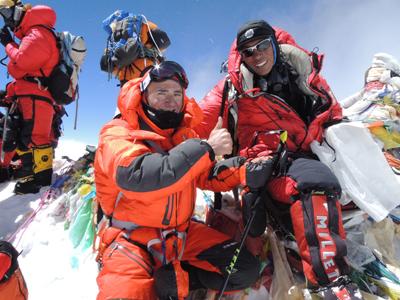
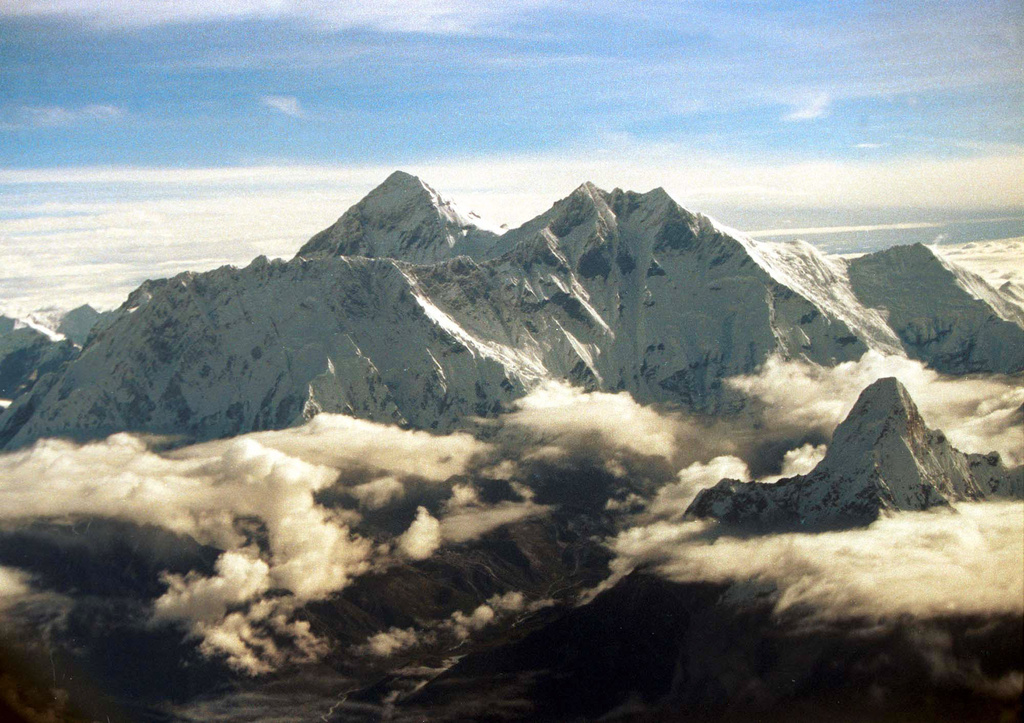
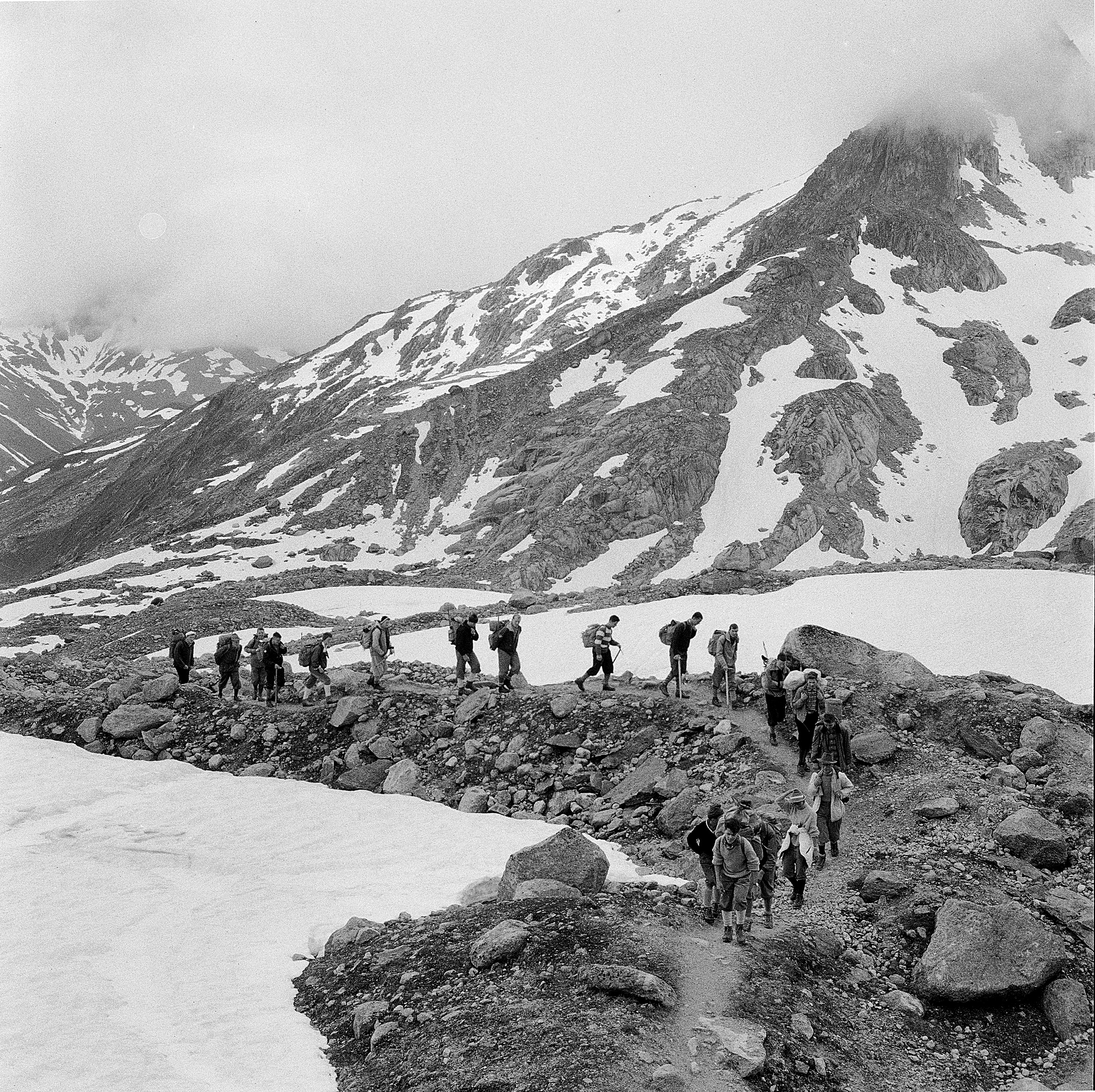
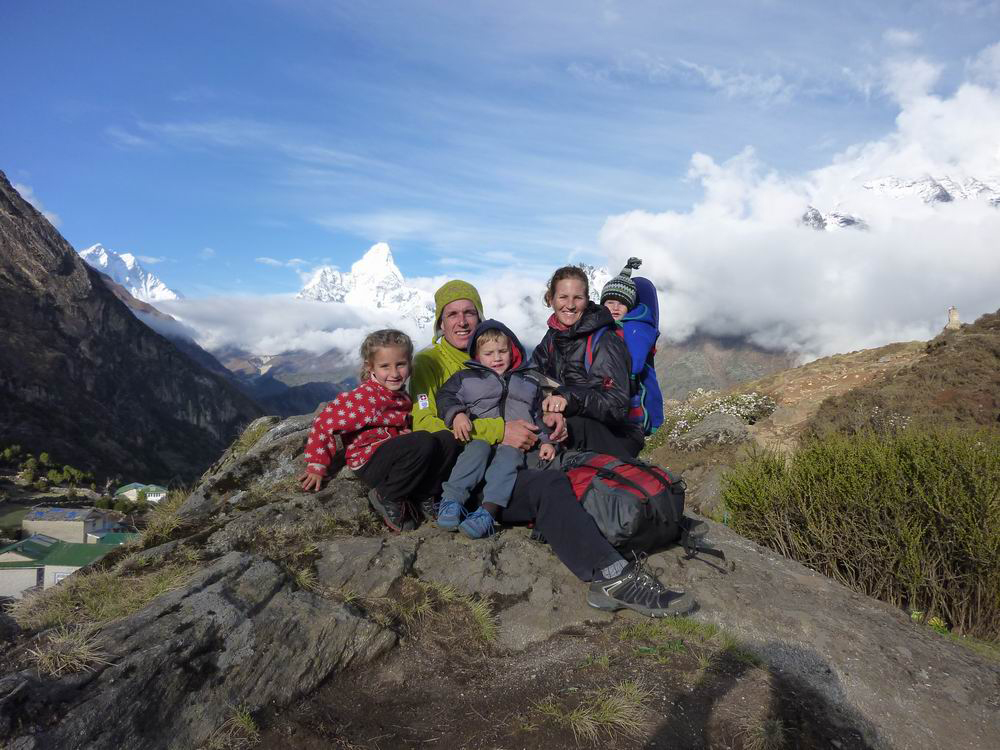
You can find an overview of ongoing debates with our journalists here. Please join us!
If you want to start a conversation about a topic raised in this article or want to report factual errors, email us at english@swissinfo.ch.